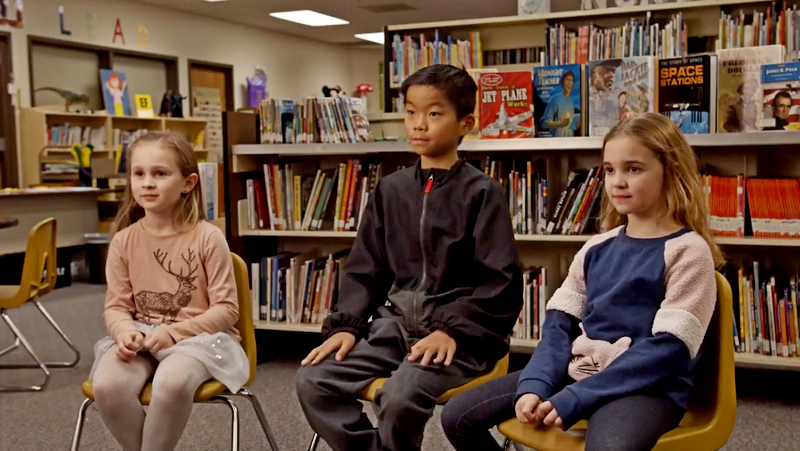
Amid the Tennessee literacy crisis, where about two out of three students are not meeting grade-level expectations, the students themselves have offered some good insights about the importance of reading and writing.
Educators in Tennessee are talking about literacy a lot right now as they move to urgently address the literacy crisis. These educators are learning that outdated views about how students learn to read should be replaced with the simple view of reading – where reading requires learning how to decode words and then comprehending the meaning of those words through knowledge-building. They are beginning to recognize that systematic phonics instruction and meaningful, high-quality instructional materials are essential for helping students who are struggling to read. Following evidence-based reading instruction practices and using information-packed instructional materials can be particularly beneficial for historically underserved groups, such as students with disabilities, economically disadvantaged students, and English learners.
As the adults talk among themselves, we wanted to know what the students who have been learning to read by decoding words and are regularly working with challenging, knowledge-rich texts have to say. SCORE recently visited Rock Springs Elementary School in Sullivan County Schools, a district in East Tennessee that has implemented high-quality literacy instructional materials, to let three students in grades 1 through 5 talk about what they have been reading and learning.
Since adopting high-quality instructional materials in the early grades, Sullivan County Schools has seen significant growth in English language arts on the statewide assessment. In 2019, every Sullivan County elementary school met or exceeded ELA growth expectations.

Lenoir City Schools is another Tennessee district that has adopted the simple view of reading instruction and high-quality instructional materials. Lenoir City Schools second-grader Charlie Tufts told the nearly 400 educators and advocates at the Tennessee Early Literacy Summit on March 9 that he thinks reading is important because it helps us learn and is a life skill, like swimming. “Knowing how to swim can save our lives, and so can reading,” Charlie said.
Teresa Wasson is director of strategic communications at SCORE.
